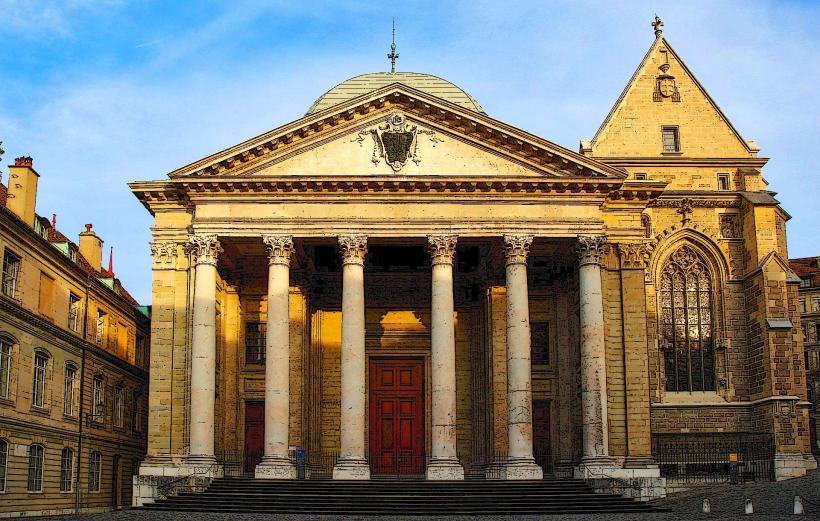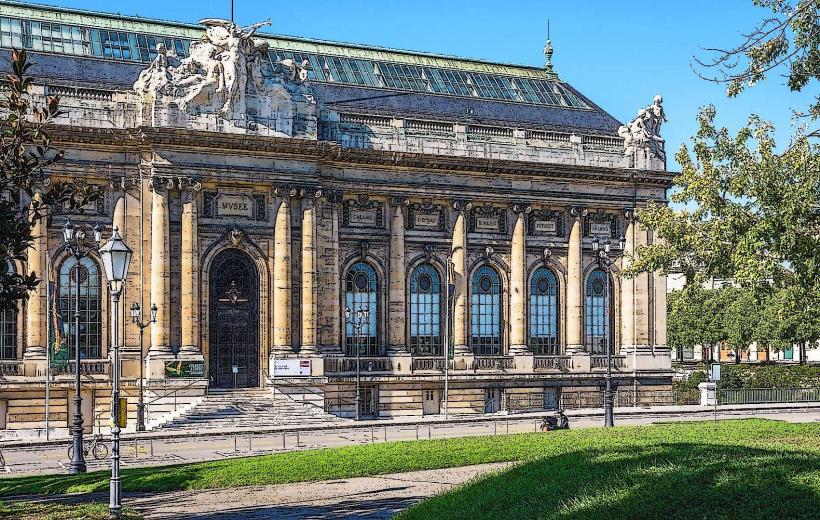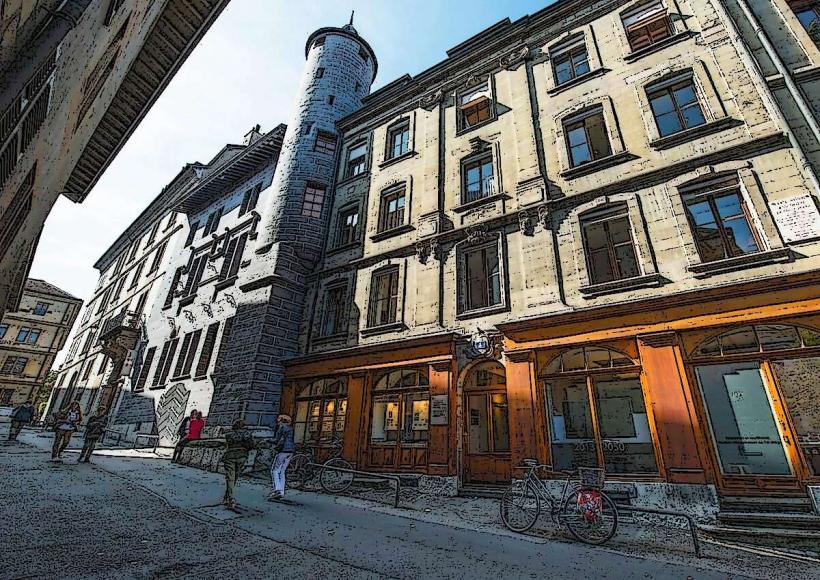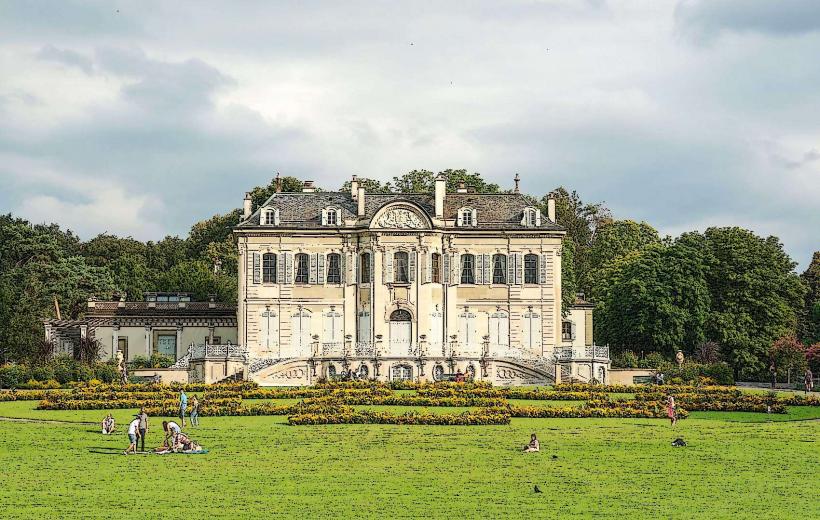Information
Landmark: Patek Philippe MuseumCity: Geneva
Country: Switzerland
Continent: Europe
Patek Philippe Museum, Geneva, Switzerland, Europe
The Patek Philippe Museum is a premier horological institution located in Geneva's Plainpalais district. It houses a private collection of over 2,500 timepieces, automata, and enamel miniatures spanning five centuries of European watchmaking.
Visual Characteristics
The museum is housed in a restored four-story industrial building dating from 1919–1920, originally used for watchmaking workshops. The exterior retains its reinforced concrete structure and large windows typical of early 20th-century industrial architecture. The interior, redesigned between 1999 and 2001, is finished in dark wood, marble, and green carpeting to evoke the atmosphere of a private residence.
Location & Access Logistics
Address: Rue des Vieux-Grenadiers 7, 1205 Geneva.
Access: Reachable via Tram 12, 15, or 17 (stop: Rond-Point de Plainpalais) or Bus 1 or 35 (stop: École-de-Médecine).
Hours: Tuesday–Friday: 2:00 PM – 6:00 PM; Saturday: 10:00 AM – 6:00 PM; Closed Sunday and Monday.
Fees: Adults: CHF 10; Seniors/Students: CHF 7; Children under 18: Free.
Historical Origin
The museum was established in 2001 by Philippe Stern, then-president of Patek Philippe. The collection began as a personal project in the 1980s to preserve both the heritage of the Patek Philippe brand (founded in 1839) and the broader history of mechanical timekeeping in Europe since the 16th century.
Floor-by-Floor Highlights
Ground Floor: Restoration workshop and a collection of historic watchmaking workbenches and tools.
1st Floor (The Patek Philippe Collection): Watches designed by the manufacture from 1839 to the present. Highlights include the first Patek Philippe wristwatch (1868), royal commissions, and the Henry Graves Supercomplication (1933).
2nd Floor (The Antique Collection): European horological history from the 16th to 19th centuries. Includes the earliest portable watches, "form" watches (shaped like skulls or animals), and musical automata.
3rd Floor: A library containing over 8,000 volumes on horology and a reconstruction of the historic Stern family offices.
Infrastructure & Amenities
The facility is fully wheelchair accessible. Public guided tours are provided on Saturdays (French at 2:00 PM, English at 2:30 PM). Tablet-based audio guides are available. Photography is strictly prohibited inside the exhibition galleries.
Facts & Legends
Antoni Patek: The co-founder was a Polish cavalry officer and war hero who fled to Geneva as a political refugee before entering watchmaking.
Jehan Cremsdorff Watch: One of the collection's most prized items is a 400-year-old enameled timepiece, considered one of the most perfectly preserved pocket watches in existence.
Rare Handcrafts: The museum serves as a repository for "perishing arts" like miniature enamel painting and guilloché engraving.
Nearby Landmarks
MAMCO (Museum of Modern and Contemporary Art) – 0.05 km West
Plainpalais Square – 0.3 km East
Ethnography Museum (MEG) – 0.2 km South
University of Geneva (Uni Mail) – 0.5 km South















